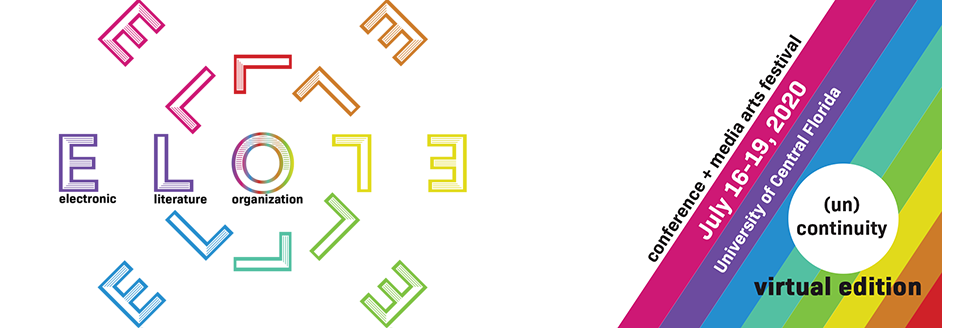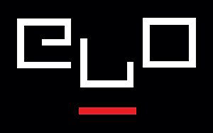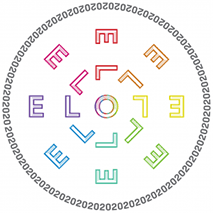Submission Type
Conference Proceedings Paper
Abstract
From simple spell-check to sophisticated autocomplete, algorithms increasingly intervene in the process of writing. This paper considers three recent examples of writing interfaces produced by practitioners of electronic literature, each with a distinct model of what kind of feedback or interference writers need – in other words, with a conception of how to care for writers’ minds. One of the main logics that shapes contemporary digital media, including corporate writing-assistance tools, is that software should make some task easier. The three algorithmic co-writers examined here carry out a different logic. Instead of trying to make writing easier, they make writing more difficult, posing sudden problems that the writer must solve by writing in a manner that they would otherwise not. The primary goal of the paper is to understand and distinguish these three systems’ pedagogical assumptions about what kind of difficulty writers need. The discussion concludes by arguing that electronic literature, seeking continuity with both Human-Computer Interaction and Cognitive Poetics, should do more to research the cognitive affordances of digital literary objects.
Making Writing Harder: Computer-Mediated Authorship and the Problem of Care
From simple spell-check to sophisticated autocomplete, algorithms increasingly intervene in the process of writing. This paper considers three recent examples of writing interfaces produced by practitioners of electronic literature, each with a distinct model of what kind of feedback or interference writers need – in other words, with a conception of how to care for writers’ minds. One of the main logics that shapes contemporary digital media, including corporate writing-assistance tools, is that software should make some task easier. The three algorithmic co-writers examined here carry out a different logic. Instead of trying to make writing easier, they make writing more difficult, posing sudden problems that the writer must solve by writing in a manner that they would otherwise not. The primary goal of the paper is to understand and distinguish these three systems’ pedagogical assumptions about what kind of difficulty writers need. The discussion concludes by arguing that electronic literature, seeking continuity with both Human-Computer Interaction and Cognitive Poetics, should do more to research the cognitive affordances of digital literary objects.




Bio
Kyle Booten is a postdoctoral fellow in the Neukom Institute for Computational Science at Dartmouth College. His research has recently appeared in electronic book review, Proceedings of the International Conference on Computational Creativity, and #Identity (University of Michigan Press). His computationally-mediated and -generated poetic work has appeared in venues such as Boston Review, Lana Turner, Taper, Fence, and Tentacular. In the fall of 2020, he will begin a position as assistant professor in the Department of English at the University of Connecticut, Storrs, and will be Nokturno.fi’s poet-in-digital-residence.